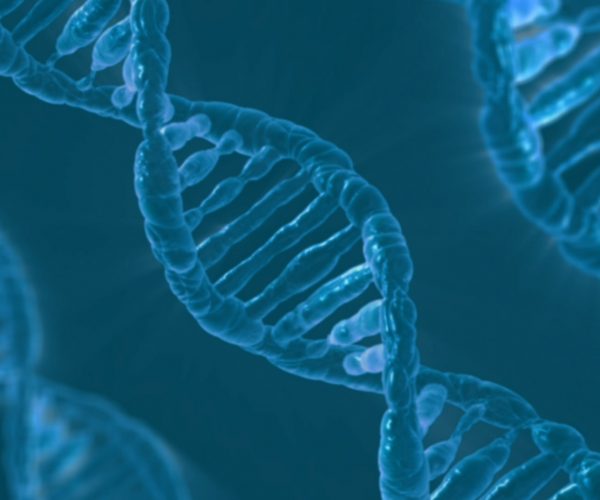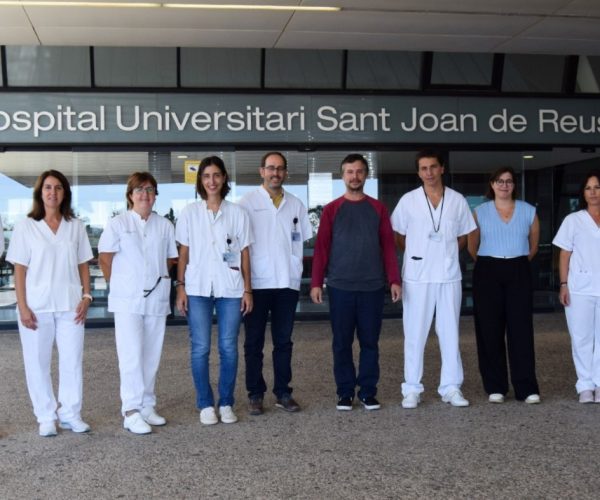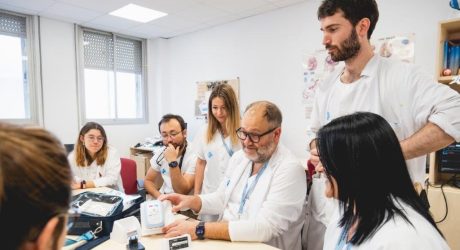A study led by the IISPV investigates the influence of walnuts on the child neuropsychological development
This is an international project, with the collaboration of the Barcelona Institute for Global Health (ISGlobal) and with the funding from the California Walnuts Commission (institution of world reference in this field)
The Clinical and Epidemiological Neuroscience Research Group (NeuroEpia) of the Pere Virgili Health Research Institute (IISPV) will lead an international project to study the influence of nuts and especially wallnuts in the neuropsychological development of children. For this study, 1,000 pregnant women who live in the Barcelona area are being monitored (in scientific language, the group of people analyzed in an observational project is called a cohort study, and, in this case, it is known as the name of BiSC!), along with their sons and daughters (until they are 18 years old, approximately).
So, this is a very complete investigation, which will allow to scientifically study the recommendation of these foods (which are key to the proper functioning of the brain and mental abilities) to promote cognitive health from the initial stages of life (the fetal period) and until the adolescent age.
Walnuts are rich in alpha-linolenic fatty acid (ALA), a type of omega-3 that plays a fundamental role in brain development, especially during the gestation period: “At this stage, major biological changes occur, necessary for the formation of the brain and so that it can then function properly during childhood and adolescence, periods also important for learning”, explains Jordi Julvez, principal researcher of the study and coordinator of the NeuroÈpia Research Group of the IISPV. And he emphasizes: “Neurons well fed with this type of fatty acids will be able to grow and create new synapses in the future, which will be probably stronger.”
This study (Walnut Intake in Pregnant Women and Infant Neurodevelopment) is being carried out in collaboration with the Barcelona Institute for Global Health (ISGlobal) and is funded by the California Walnuts Commission (a world reference institution in this field).
What is neurodevelopment?
According to Ariadna Pinar, pre-doctoral researcher of the project: “It is the development of the cognitive or mental capacities that we acquire in the different stages of growth and that depend on the good health of our brain. One of the indicators that determine the degree of maturation is the intelligence coefficient. We can already obtain brain growth data from the time the embryo begins to form, and the first cognitive tests can be done on the baby in the first month of life. It refers to the child’s motor skills, attention and language skills, etc. Cognitive function is one of the foundations of the human being behavior, in short, and it is essential for the development of their autonomy and well-being.”




